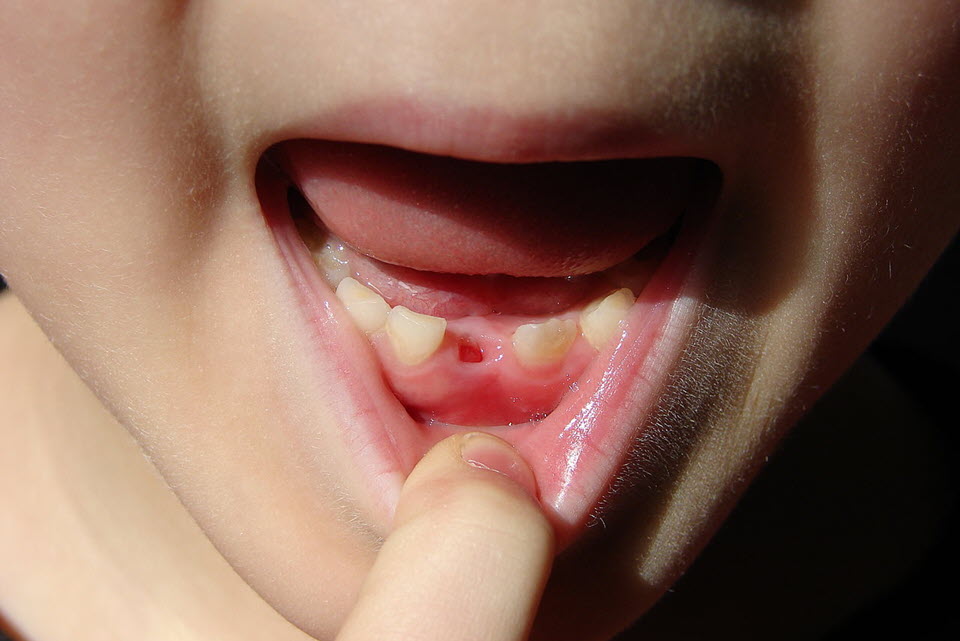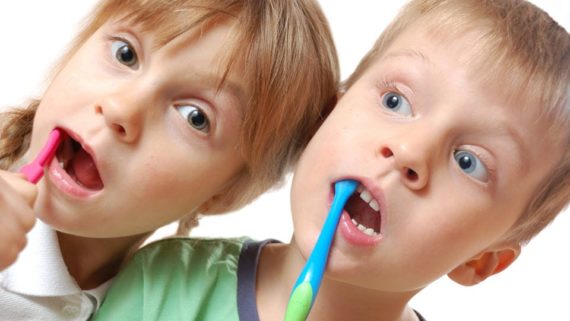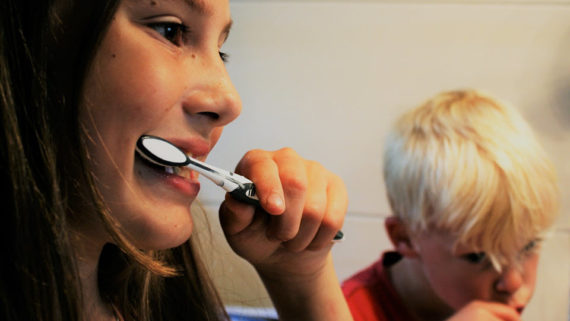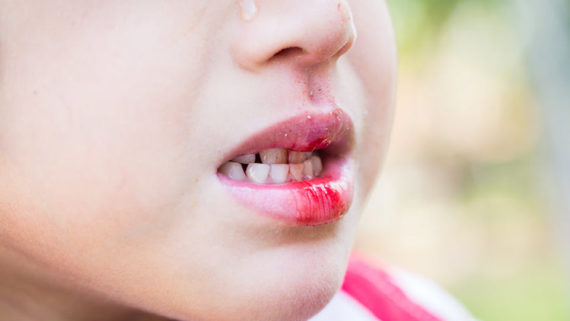Tooth decay can occur as soon as the first tooth erupts, making it possible for even toddlers and babies to develop cavities and other oral issues. That’s why it’s important to practice good oral hygiene and to regularly take your little ones to a family dentist that you know and trust, who has knowledge and experience in Paediatric Dentistry.
However, even if you have worked on building the foundation for your child’s good oral health, some dental problems cannot be completely avoided.
Here is a list of some of the most common dental problems that kids can have and what you can do about them.
1. Baby bottle tooth decay
Tooth decay is not an issue limited to older kids. Babies can also develop what is known as baby bottle tooth decay.
Baby bottle tooth decay is known by a variety of names. This includes early childhood caries, nursing caries and even the nursing bottle syndrome. Letting a baby fall asleep with the bottle still inside the infant’s mouth is one of the most common reasons for developing this condition.
This condition occurs in babies who frequently consume milk formula or sugary drinks. If nothing is done to remove the excess sugar from their mouths, the sweet liquid can stay on the teeth and form deposits which can later result in tooth decay. The bacteria in the infant’s mouth will feed on these sugary substances. Caries develop when the bacteria are allowed to multiply.
As a preventive measure, avoid letting the infant fall asleep with milk still inside their mouth. It is important to start cleaning the baby’s teeth as soon as they start to appear. Parents can remove the excess sugar with some water or a bit of toothpaste on the softest toothbrush available. Start scheduling visits to the family dentist twice a year to ensure that your baby or child’s teeth are in good condition.
2. Thumb sucking
Most kids under the age of five years have experienced or gotten into the habit of sucking their thumbs. Studies indicate that thumb sucking makes kids feel secure and gives them a sense of comfort. Thumb sucking becomes a problem if it continues over the age of five as the habit can affect the jaw structure and alignment of the child’s teeth. In more extreme cases, the condition can even affect how the child pronounces certain words.
Parents will need to break this habit as early as possible. Once the child falls asleep, you can remove your child’s finger or thumb out of their mouth. You may also provide some positive reinforcement to encourage the child to stop sucking their thumb.
3. Sensitive teeth
The layer of enamel on a child’s tooth is thinner than that of an adult. As such, this protective layer is more prone to wearing down. When this happens, your child’s gums could recede while cracks could easily form on the teeth. Nerve endings become exposed, and this could lead to pain when consuming any hot or cold food or drinks.
Schedule a visit to your dentist if your child complains of pain while eating or drinking. Your family dentist will clean any cavities and apply fillings where needed.
Sealants may also be applied to protect teeth from decay.
You may also need to buy a toothbrush with soft bristles. A soft-bristled toothbrush will keep your child’s teeth clean without wearing down the protective enamel.
4. Damaged, loose or lost teeth
Some sports and recreational activities can get rough. Kids who love sports or physical games are more likely to lose or damage their teeth while playing. Some of them may even obtain injuries in their jaw or other parts of the face.
If your child likes to play sports or has plans on playing, schedule a consultation with your dentist. A custom-fitted mouthguard can be made to help protect your child’s teeth while playing games or staying active.
5. Misaligned teeth
There are several possible reasons for misaligned teeth, other than thumb sucking. Some kids may have large gaps between their teeth, overlapping teeth or an overbite. These dental issues can make it more difficult for your kids to keep their teeth clean and increase their chances of developing cavities or even gum disease. In more serious cases, these can also affect how your kids talk and eat their food.
Misalignment becomes more obvious when the permanent teeth start coming out. This may happen at any time between six and 12 years of age. See your child’s dentist as soon as you notice any potential alignment issues. Getting the issue treated early will prevent it from developing into something worse.
Many of the problems stated here can be easily prevented by teaching your kids about good oral hygiene. Show them how to properly brush their teeth and schedule regular visits to the dentist. By integrating these activities into their routine, you are ensuring that your kids’ teeth will stay strong and healthy as they grow.
To know more about taking care of your child’s smile, contact our dental team today.










Comments
No comment yet.